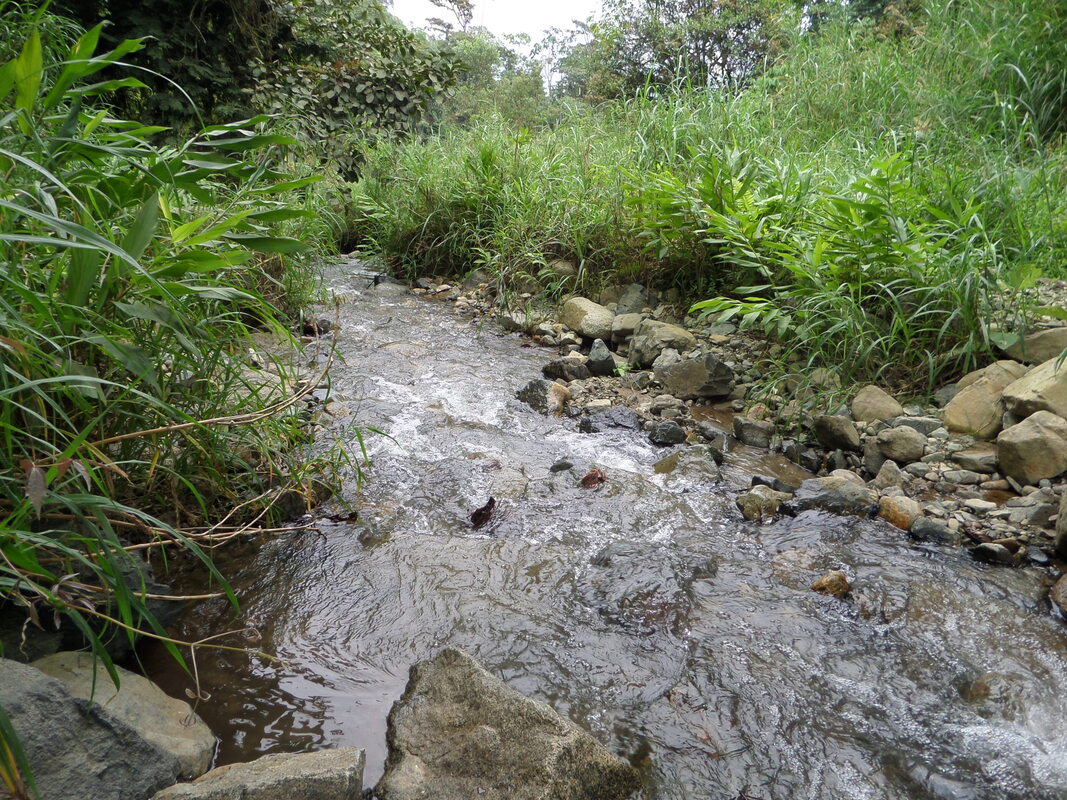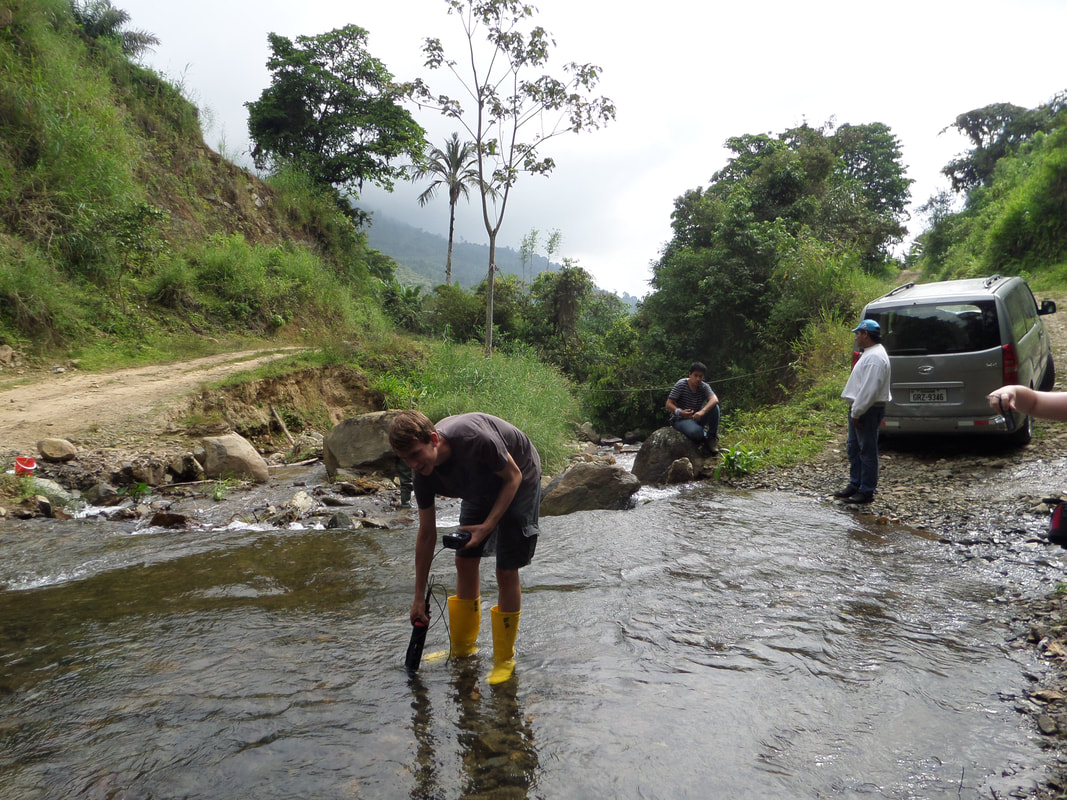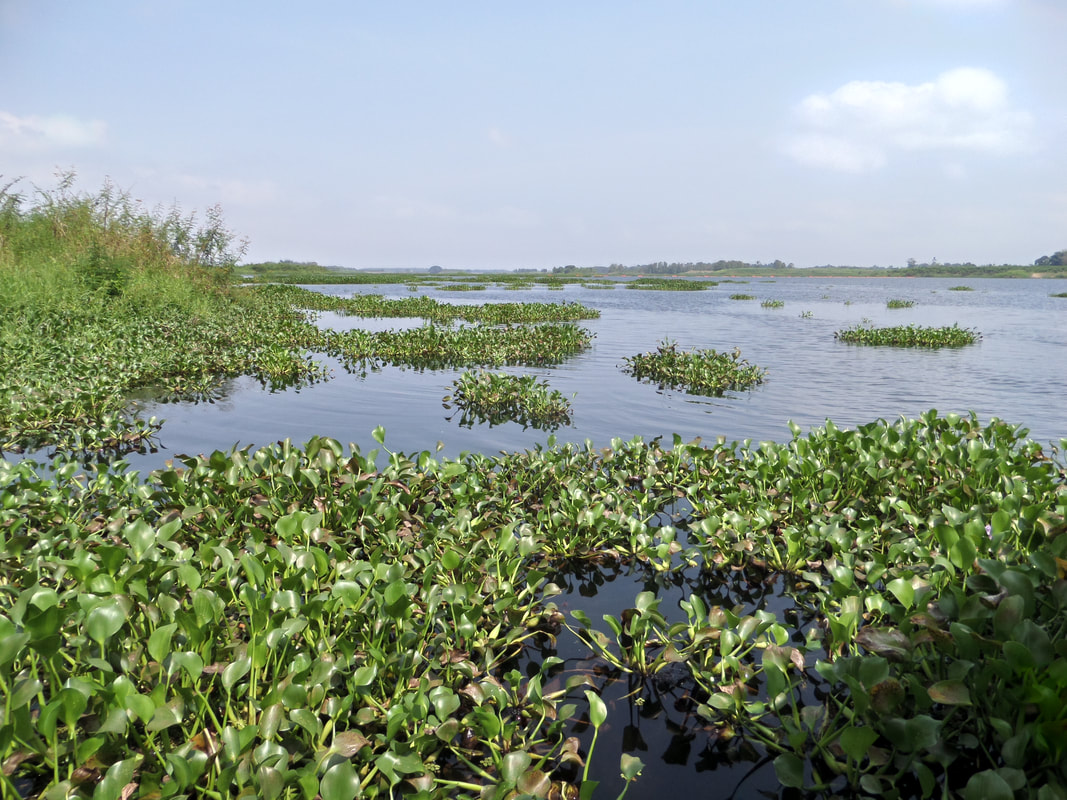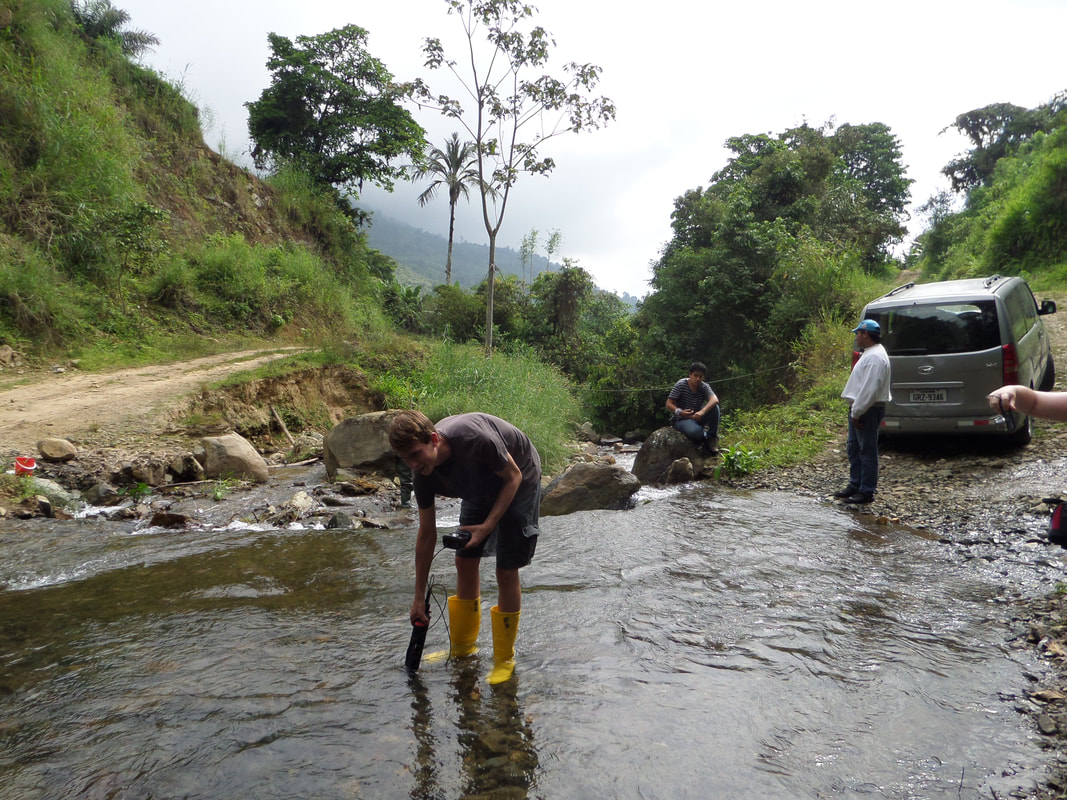Chaguana river
|
Analysing the effects of water quality on the occurrence of freshwater macroinvertebrate taxa among tropical river basins from different continents
December 2016 Macroinvertebrates are globally used in environmental monitoring and assessment. This study aimed to determine if models can be extrapolated to other regions with similar climatic conditions and if a reliable model can be developed from a pooled dataset (consisting of data from different regions). It was discovered that in general, responses of macroinvertebrates towards pollution were different among countries except for the pollution sensitive taxa. Therefore, extrapolation of ecological models for sensitive taxa to another river basin with similar climatic and environmental conditions is possible. Nevertheless, this type of systematic analyses for all families is necessary to determine and minimize uncertainty in ecological assessment. |
|
Comparison of the Abiotic Preferences of Macroinvertebrates in Tropical River Basins
October 2014 Abiotic preferences of aquatic macroinvertebrates were assessed and compared in three river basins located in Ecuador, Ethiopia and Vietnam. Logistic regression models were used to analyze the relationship between the probability of occurrence of five macroinvertebrate families, ranging from pollution tolerant to pollution sensitive, (Chironomidae, Baetidae, Hydroptilidae, Libellulidae and Leptophlebiidae) and physical-chemical water quality conditions. The study concluded that, despite some limitations in the study design, associations between macroinvertebrates and abiotic conditions can be river basin-specific and hence are not automatically transferable across river basins in the tropics. |
|
Application of Classification Trees to Determine Biological and Chemical Indicators for River Assessment: Case-study in the Chaguana Watershed (Ecuador)
September 2011 For this study, benthic macroinvertebrates were sampled in the Chaguana river basin in SW Ecuador in March (wet season) and September (dry season) of 2005 and 2006. We concluded that, in the neotropics, macroinvertebrates can probably be sampled for water quality assessments during the whole year: however, sampling soon after spates should be avoided. Furthermore, by using multivariate analysis, the sampling stations were clustered into three groups based on their macroinvertebrate community composition: sites with low, intermediate and high human impact. |
|
Using multi-target clustering trees as a tool to predict biological water quality indices based on benthic macroinvertebrates and environmental parameters in the Chaguana watershed (Ecuador)
July 2011 Macroinvertebrates were sampled in the Chaguana river basin in SW Ecuador in the wet season (March) and the dry season (September) of 2005 and 2006. The study showed that the ecological water quality could be accurately predicted solely on the basis of dissolved oxygen concentration and current velocity. Furthermore, it was concluded that multitarget clustering trees can be easily used as a practical tool for cost-effective decision support by water quality managers. |



